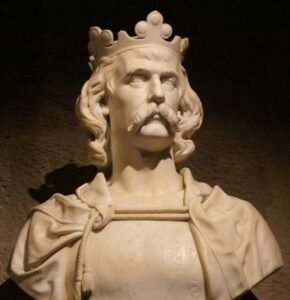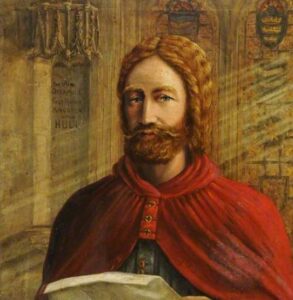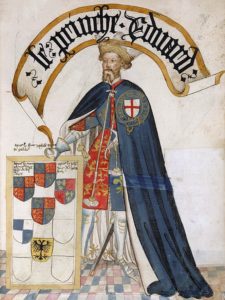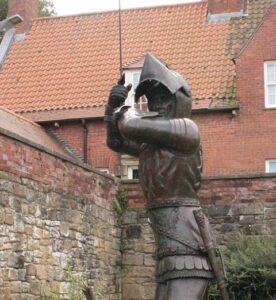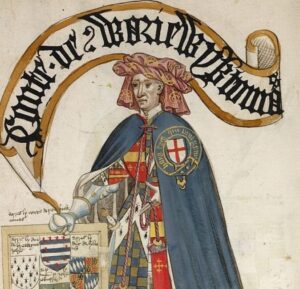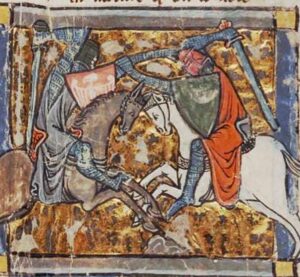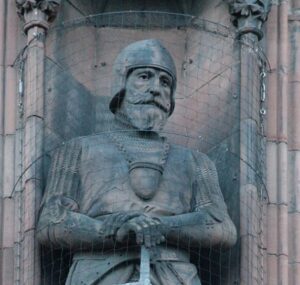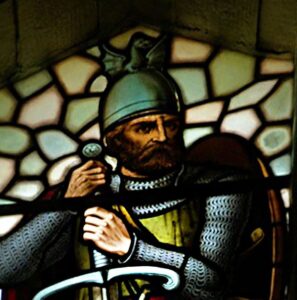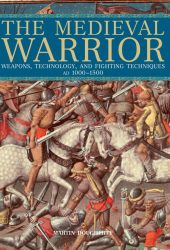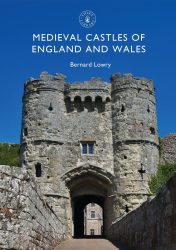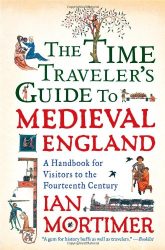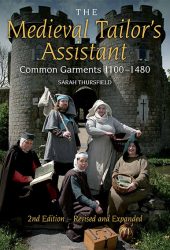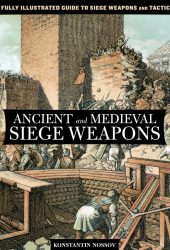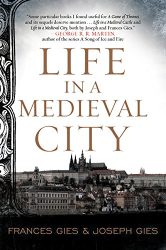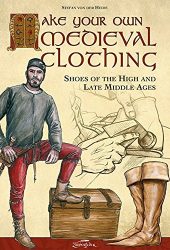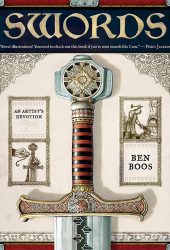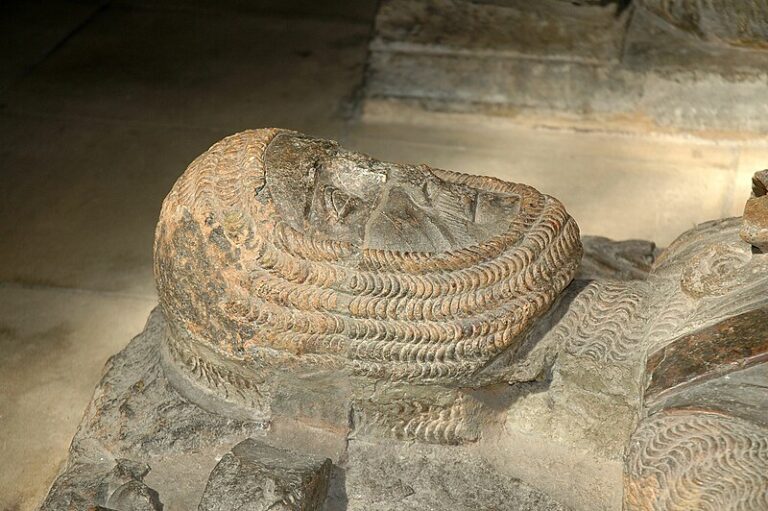
William Marshal, often referred to as the “Greatest Knight,” was a renowned and influential figure in medieval Europe during the 12th and 13th centuries. Born around 1146, Marshal’s early life was marked by his entry into the world of chivalry and knighthood.
Who Was William Marshal?
Marshal began his career as a young knight in the service of various noble families, earning a reputation for his exceptional skill in combat, unwavering loyalty, and unyielding sense of honour. Throughout his life, he served under several English kings, including King Henry II and King Richard the Lionheart, as well as King John.
One of Marshal’s most notable achievements came during the turbulent reign of King John, where he played a key role in securing the Magna Carta, a foundational document in English legal history that established principles of justice and limits on royal power.
Marshal’s military prowess was legendary, and he participated in numerous battles and tournaments throughout his life, earning accolades and honours for his bravery and skill on the battlefield. Despite his many victories, Marshal was also known for his sense of mercy and fair play, earning him respect and admiration from both allies and adversaries.
In addition to his martial achievements, Marshal was also a skilled diplomat and statesman, serving as regent of England during the minority of King Henry III. His wise counsel and leadership helped stabilize the kingdom during a tumultuous period of civil war and political unrest.
Marshal’s legacy endured long after his death in 1219. He left behind a rich tapestry of deeds and accomplishments, earning him a place among the most celebrated figures of the Middle Ages. Today, Marshal is remembered as a paragon of chivalry, embodying the ideals of honor, courage, and loyalty that defined the knightly code of the medieval era.
More Medieval Knights
Medieval knights were central figures in the feudal societies of Europe during the Middle Ages, typically belonging to the nobility and trained in the art of warfare from a young age. Clad in armor and mounted on horseback, knights epitomized the ideals of chivalry, honor, and bravery.

